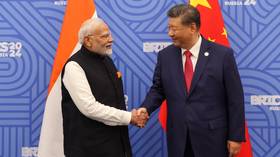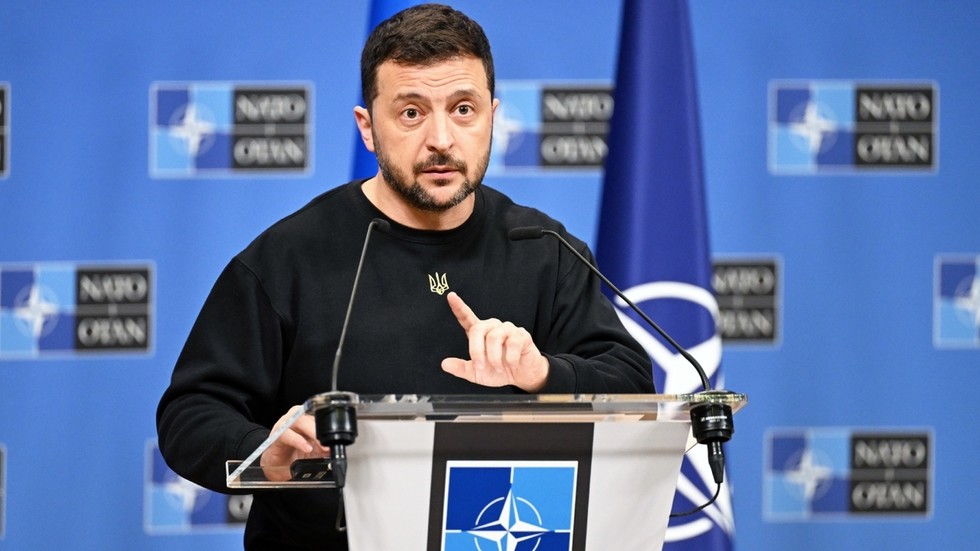US President Donald Trump’s decision to impose a 26% tariff on imports from India could prompt New Delhi to explore alternative partnerships and potentially increase trade with other countries.
Talking to RT, Ajay Dua, former secretary of the Indian Ministry of Commerce and Industry, said that Trump’s move had been “harsher” than expected. He noted that policymakers, exporters and others “had hoped to be exempt from the levies due to ongoing negotiations for a free trade agreement between the US and India.”
Dua believes the tariffs will hurt India’s export sector, given the country’s $35-40 billion trade surplus with the US. He suggested that India may need to “reassess the situation” and consider “retaliatory tariffs” or “negotiate an early harvest agreement” to reduce tariffs on certain items.
He emphasized that India is willing to unilaterally reduce duties on certain items, such as crude oil and almonds, but expects the US to reconsider its insistence on India removing protection for its agricultural sector. He noted that farming was a sensitive issue in the country, with 45% of the workforce dependent on it, and that the country needed to protect its farmers.
Speaking on the impact on US-India diplomatic relations, Dua said New Delhi would like to resolve the trade issue amicably and avoid jeopardizing the overall relationship.
He added that India was also willing to look at lowering import duties on almonds, pistachios and apples, which the country imports in fairly large quantities. Dua acknowledged that trade-related issues should not affect cooperation in defense, science, and technology.
The present situation may lead to a re-evaluation of trade alliances, with India potentially strengthening ties with other Asian countries, including China. Dua mentioned that Beijing is boosting trade with India following Trump’s tariff plan, which could mark the beginning of an ‘Asian powerhouse’ partnership.
Recently, Chinese Ambassador Xu Feihong told the Global Times that ties between the two countries are “at a crucial stage” and that Beijing is “willing to work with the Indian side to strengthen practical cooperation in trade and other areas, and to import more Indian products that are well-suited to the Chinese market.” He added, “We also welcome more Indian enterprises to cross the Himalayas and seek opportunities for cooperation in China, sharing the dividends of China’s development.”
Dua also noted that India had a trade agreement with the Southeast Asian countries and might consider joining the Regional Comprehensive Economic Partnership (RCEP) to lower tariffs and promote trade within the region.

 18 hours ago
5
18 hours ago
5










